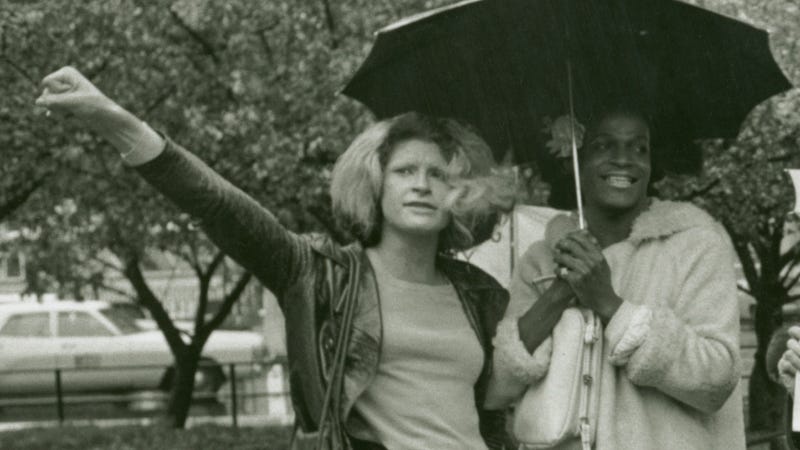2022 didn’t break my soul. This year started out hard, with some of the hardest moments of my life, one after another. As always, music helped to carry me through.
My album of the year is Beyoncé’s Renaissance, and the song of the year from that album is Break my Soul. Since its release in July, this album has been my soundtrack, reminding me that even in hard times I can still dance. This album pay homage to Black, Queer, and Trans club culture, and for me harkens back to my favorite 1990s dance tracks. It is reckless abandon and unfettered joy.
I don’t claim to be a member of the Bey Hive, as I am pretty late to the party. I used to dismiss Beyoncé’s music as too poppy, too immature for me. But as her career has progressed and she has been constantly in the zeitgeist for the last three decades, I’ve come to appreciate her work and her love of Black people, women, and Queer people. She provides a light in the darkness, a reminder of our resilience and our capacity for love, most importantly self love. Her music is not for me as I am not the target audience, but I feel welcome to the party.
Other music that carried me through the year was Loose Future by Courtney Marie Andrews. This artist and this album have not been getting enough critical acclaim in my estimation. It follows the arc of new love, capturing the emotions of being excited about someone, trying to play it cool while being completely besotted. It expresses giddiness, insecurity, excited heart palpitations, anticipation, and how it feels to fall in love. And it has a happy ending.
While it is a 2021 release, I’m including Raise the Roof by Alison Krauss and Robert Plant. I saw them in concert on their tour for this album, and it’s one of the best live performances I’ve ever seen. Plant’s voice sounded so good, and Krauss played a couple of truly psychedelic sets that blew my mind. They played The Battle of Evermore (which is not on the album) giving me hope that perhaps their entire next album will be Led Zeppelin covers. Meanwhile, this album will remain in heavy rotation.

